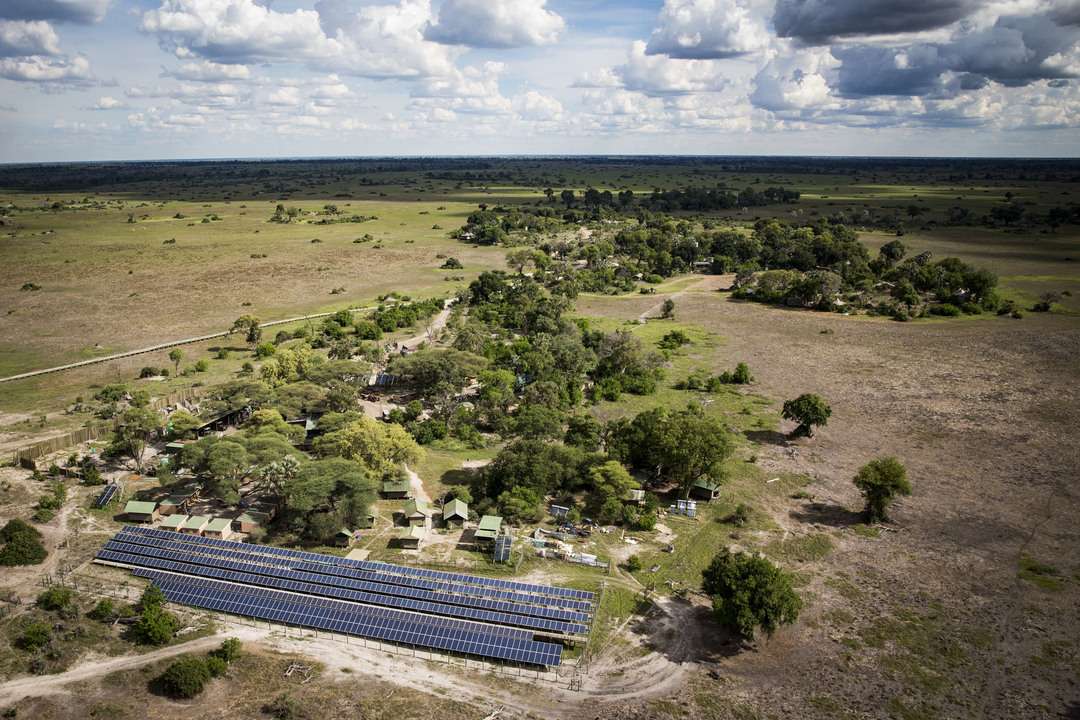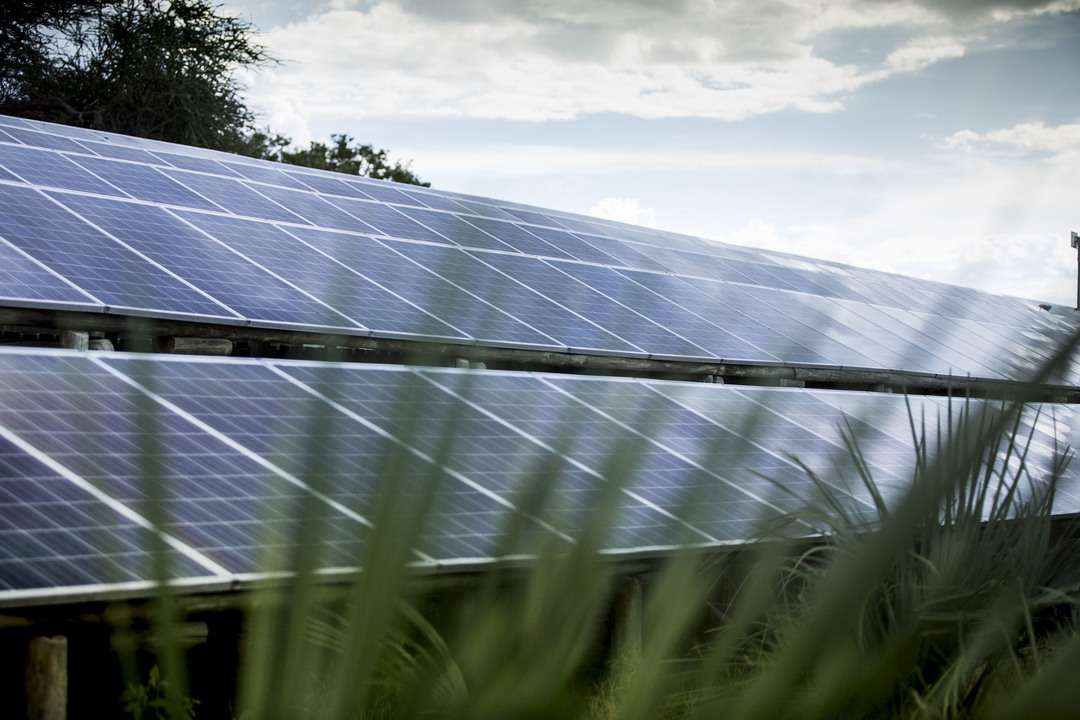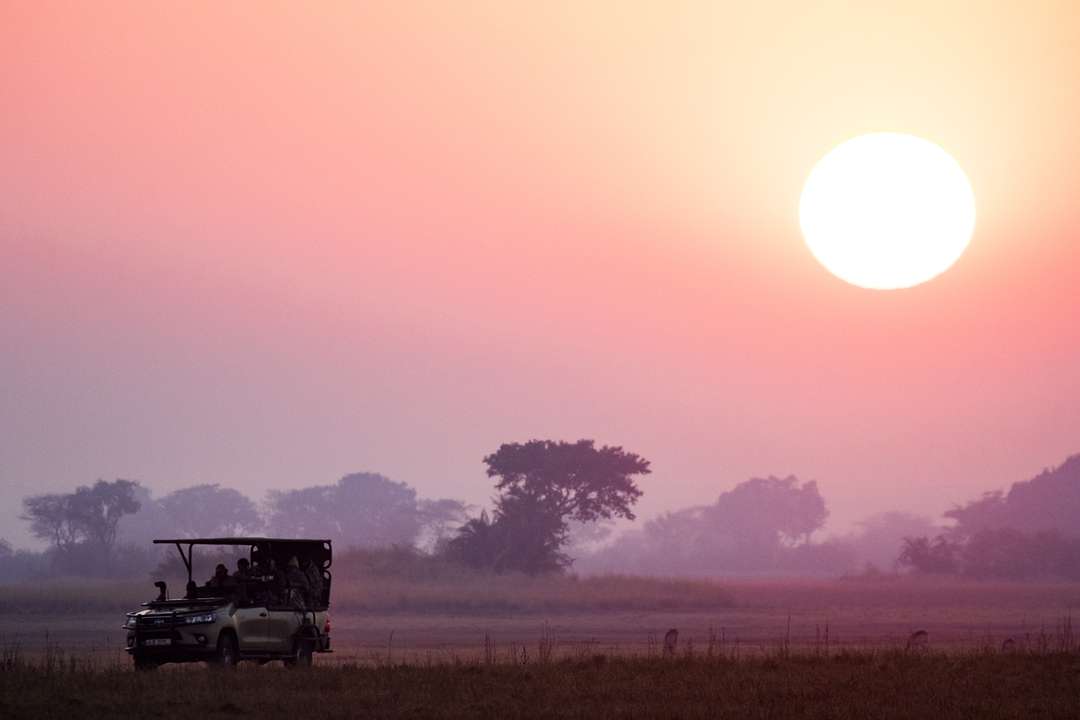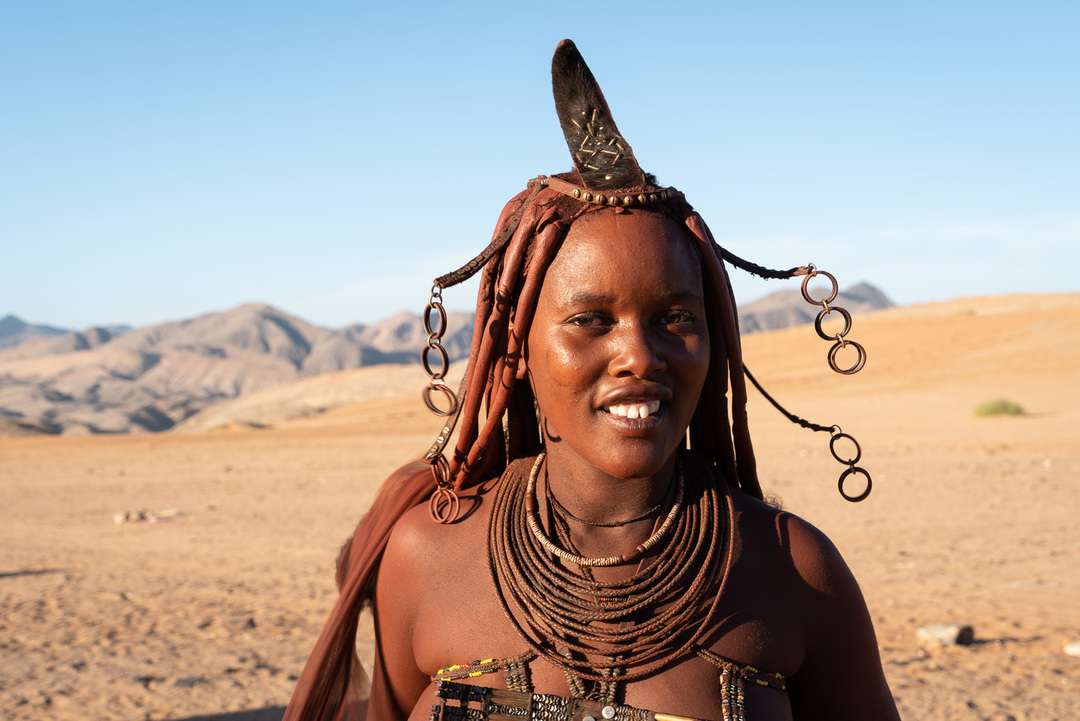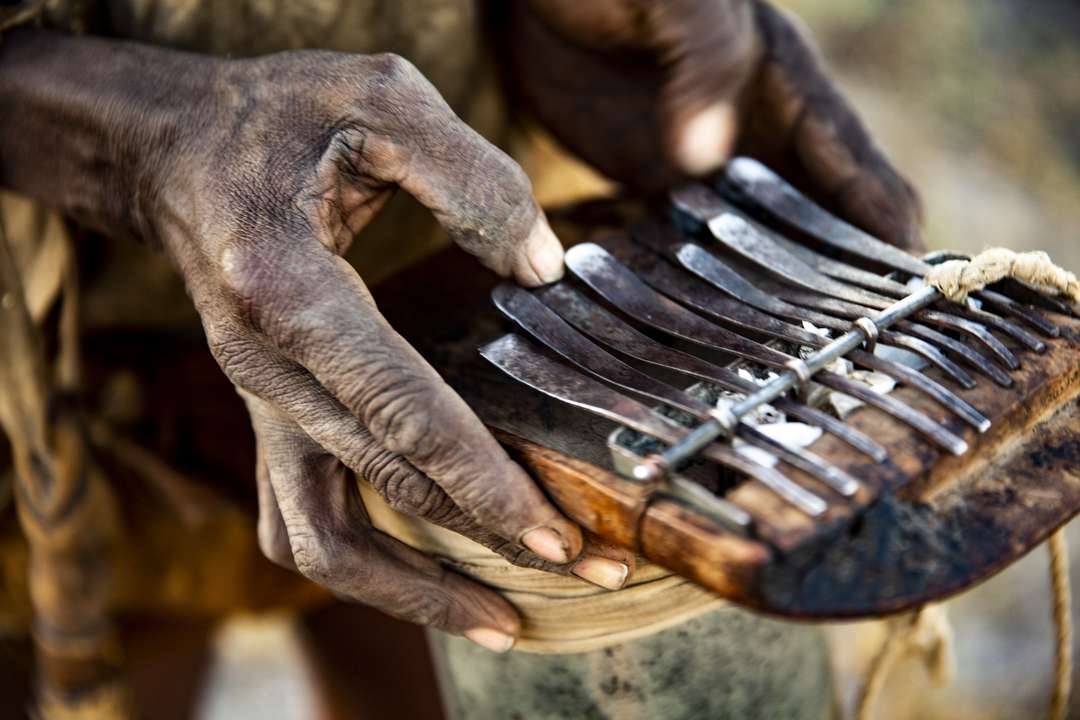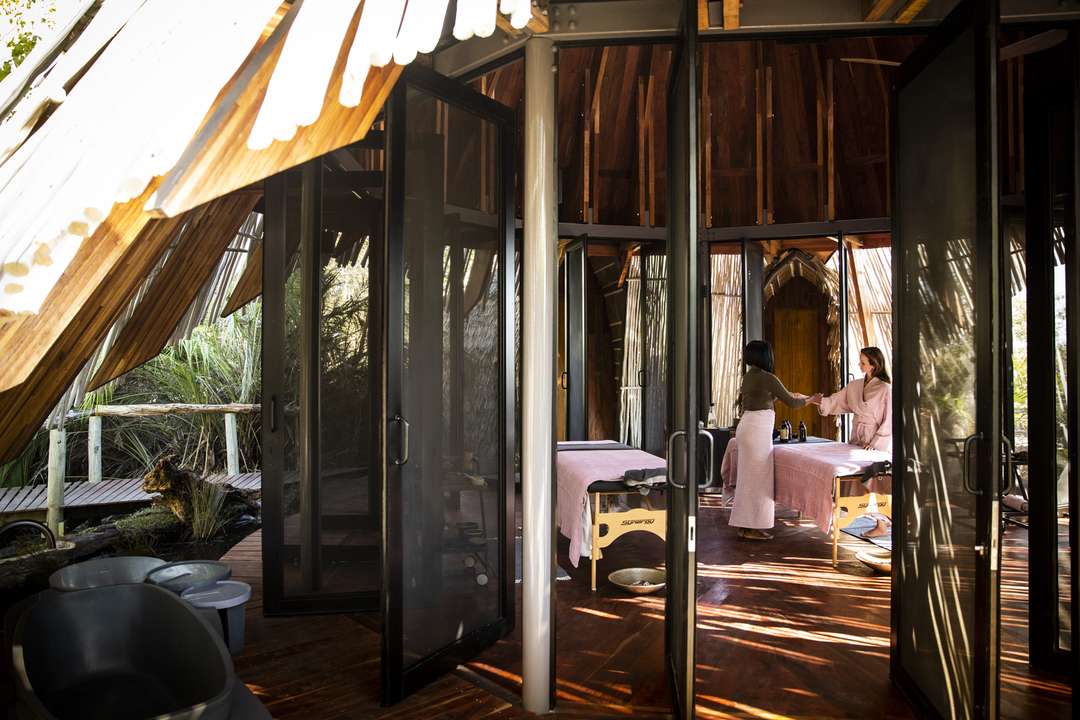Botswana
Travel: What’s Trending in 2020
Your Guide to Africa
Our Collective
Wendy Ngcobo
1/27/2020
More to discover

Escape winter for a festive season safari
Escape winter for a festive season safari in Botswana, where December brings warm summer weather, dr...
Read moreTao Varty
15.08.2025

Beyond the Crossing: Why the Mara Triangle is more than just a Migration Hotspot
Not just a migration stop–explore the Mara Triangle’s low-impact safaris, rare wildlife, and new Wil...
Read moreLauren Dold
12.08.2025

The benefits of a Botswana green season safari
Green season is a time of rejuvenation in Botswana’s wild areas. Learn more here about the benefits ...
Read moreTao Varty
04.07.2025

The Hoanib – Linear Oasis of the Namib
Ephemeral rivers are seasonal but sustain wildlife in dry area. Learn about Hoanib River formation. ...
Read moreMartin Benadie
30.06.2025
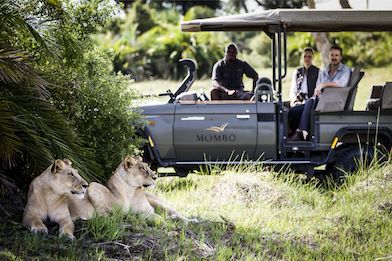
Spotlight on Mombo "The Mother of all Camps"
There’s an unparalleled culture of seven-star hospitality where everyone knows your name.
Read moreMelissa Siebert
19.06.2025

Let’s plan your next journey
Ready?
When we say we’re there every step of the way, we mean it, literally. From planning the perfect circuit, to private inter-camp transfers on Wilderness Air, and easing you through Customs. We’re with you on the ground, at your side, 24-7, from start to finish. Ready to take the road less travelled? Contact our Travel Designers to plan an unforgettable journey.
